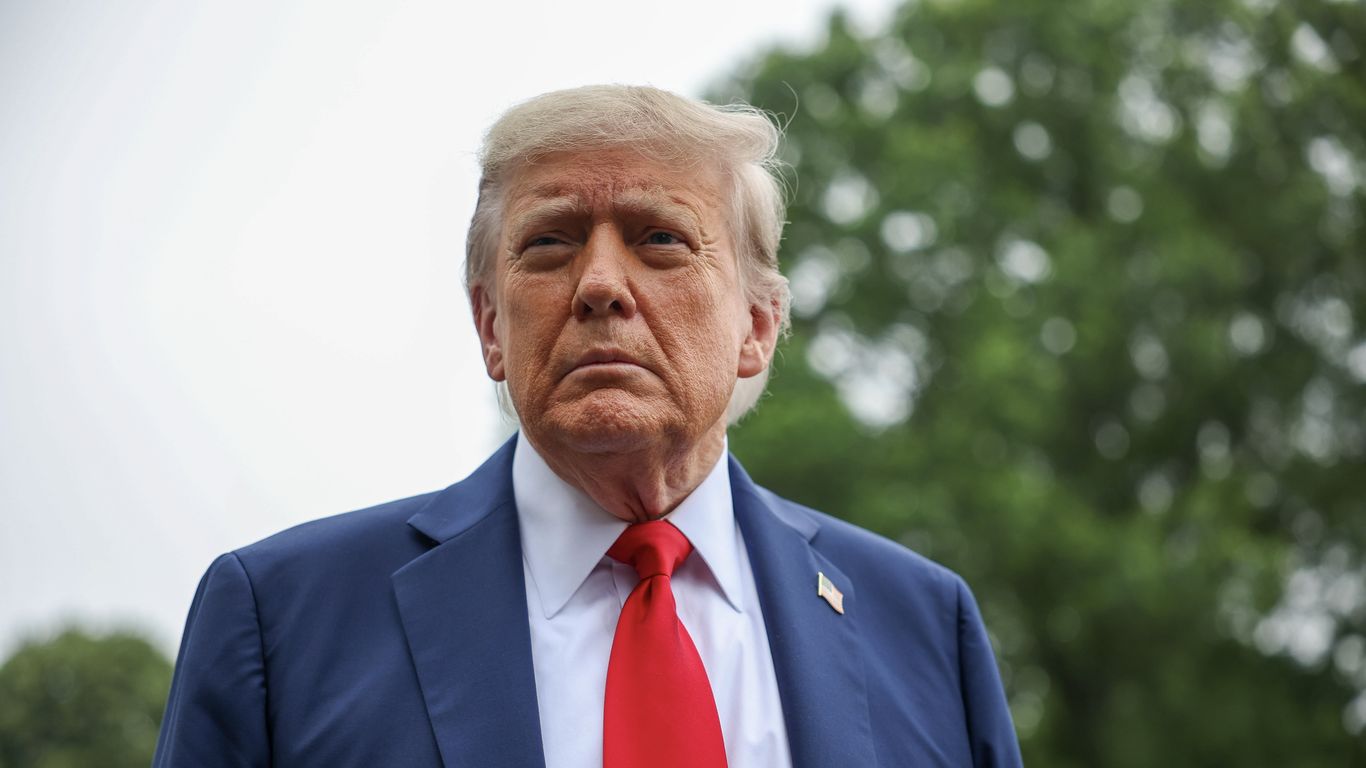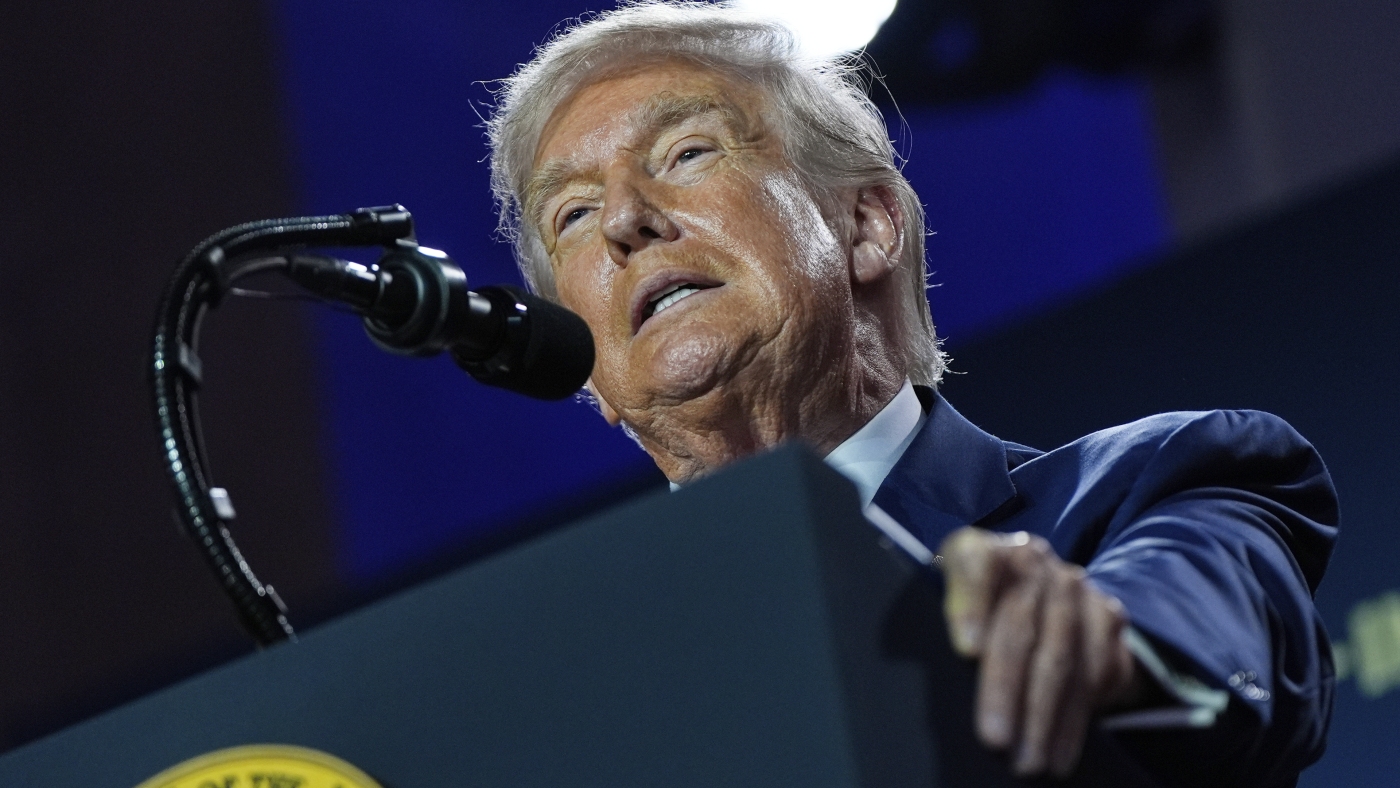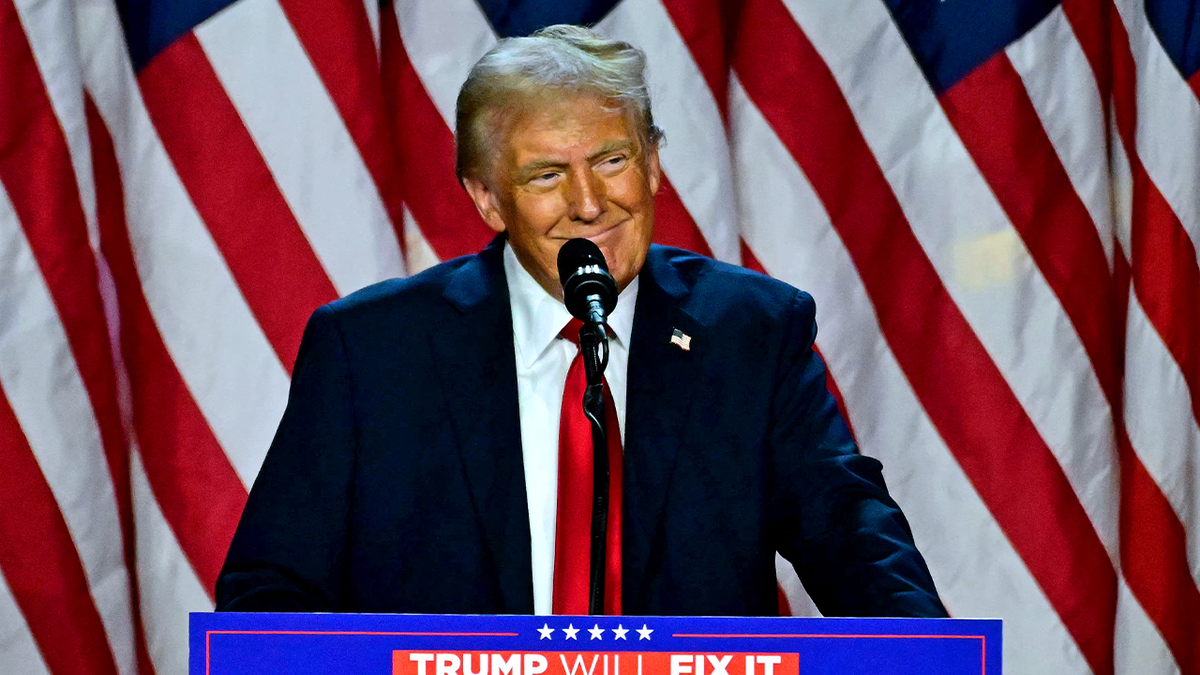Controversy Surrounding Trump's Proposed Changes to Census

Introduction
In a recent post on Truth Social, former President Donald Trump called for a "new and highly accurate" census that would exclude unauthorized residents. This statement has sparked controversy and raised questions about the purpose and potential impact of such a change.
Proposed Changes
The current census counts all individuals living in the United States, regardless of their legal status. However, Trump's proposed changes would exclude anyone who is not a legal resident, including undocumented immigrants and those with temporary visas. This would significantly affect the population count and potentially impact funding and representation for certain communities.
Possible Motives
Some speculate that Trump's call for a new census is driven by political motives, as it could potentially benefit Republican-leaning areas with fewer unauthorized residents. Others argue that it is a way to further target and marginalize immigrant communities. However, supporters believe it is a necessary step to ensure an accurate count and fair representation for legal residents.
Impact
The potential impact of a new census is significant, with potential implications for funding, representation, and the overall political landscape. It could also further divide and polarize communities and bring immigration issues to the forefront once again. The decision ultimately lies with the Biden administration, but the debate over the accuracy and inclusivity of the census will continue to be a hot topic in the coming months.
About the People Mentioned
Donald Trump
Donald John Trump, born June 14, 1946, in Queens, New York, is an American businessman, media personality, and politician. He graduated from the University of Pennsylvania’s Wharton School in 1968 with a degree in economics. In 1971, he took over his family’s real estate business, renaming it the Trump Organization, through which he expanded into building and managing skyscrapers, hotels, casinos, and golf courses. Trump gained widespread fame as the host of the reality TV show *The Apprentice* from 2004 to 2015, which helped establish his public persona as a successful entrepreneur. Trump entered politics as a Republican and was elected the 45th president of the United States, serving from 2017 to 2021. His presidency was marked by significant policy actions including tax cuts, deregulation, the appointment of three Supreme Court justices, renegotiation of trade agreements (notably replacing NAFTA with the USMCA), and a focus on immigration control including border wall expansion. He withdrew the U.S. from international agreements such as the Paris Climate Accord and the Iran nuclear deal, and engaged in a trade war with China. His administration’s response to the COVID-19 pandemic was criticized for downplaying the virus’s severity. Trump was impeached twice by the House of Representatives—first in 2019 for abuse of power and obstruction, and again in 2021 for incitement of insurrection—but was acquitted by the Senate both times. After losing the 2020 election to Joe Biden, Trump challenged the results, culminating in the January 6, 2021, Capitol riot. He remains a central figure in American politics, having won the 2024 presidential election and returned as the 47th president in 2025, continuing to promote policies aimed at economic growth, border security, and military strength[1][2][3][4].
About the Organizations Mentioned
Truth Social
Truth Social is an American alt-tech social media platform founded by former U.S. President Donald Trump in February 2022 under the Trump Media & Technology Group (TMTG). It was created largely as a response to Trump's bans from mainstream platforms like Twitter, aiming to provide an alternative social network emphasizing free speech, especially for conservative voices who felt censored elsewhere[1][2][5]. The platform functions similarly to Twitter, with users posting "truths," re-sharing ("retruth"), and engaging with content. It uses Mastodon as its backend technology and targets users seeking less content moderation. However, despite its free speech stance, Truth Social has banned some users for content on topics like abortion and the January 6 hearings, indicating some moderation policies in practice[1][2]. Truth Social officially launched on February 21, 2022, and quickly gained attention, reaching about 1 million downloads in its first two weeks and accumulating over 8.5 million total app downloads by 2025[4][5]. Monthly active users peaked at around 13.8 million in March 2024 but have fluctuated, with about 6.3 million active users reported in January 2025[5]. Its user base remains small compared to mainstream giants like Facebook or TikTok but is significant within its niche. Financially, the platform and its parent company TMTG have faced challenges. TMTG went public in March 2024 through a merger with Digital World Acquisition Corp. (DWAC), but the company has reported substantial losses—over $58 million by the end of 2023 and $327 million in losses in Q1 2024—while generating minimal revenue (~$770,000)[1][2]. Analysts view its valuation as largely driven by Trump's brand rather than fundamentals, classifying it as a "meme stock" with uncertain profitability[2]. Recent updates in 2025 have added premium features, including scheduling posts
Biden Administration
The Biden Administration refers to the executive branch of the U.S. federal government from January 20, 2021, to January 20, 2025, led by President Joe Biden and Vice President Kamala Harris[3]. This administration took office during a period of unprecedented challenges, including the COVID-19 pandemic, economic instability, and deep political division. Its overarching mission was to rebuild the American economy “from the middle out and bottom up,” emphasizing inclusive growth, climate action, technological innovation, and the restoration of U.S. global leadership[4]. ## Key Functions and History The Biden Administration’s core responsibilities included implementing federal laws, shaping domestic and foreign policy, and managing the executive agencies. It prioritized pandemic recovery, infrastructure modernization, climate resilience, and the expansion of social safety nets[2]. Historically, it is notable for its rapid legislative achievements in its first two years, including the American Rescue Plan, the Bipartisan Infrastructure Law, the Inflation Reduction Act, and the CHIPS and Science Act—each designed to stimulate economic recovery, bolster domestic manufacturing, and accelerate the clean energy transition[2]. ## Major Achievements - **Economic Recovery:** The administration oversaw a historic labor market rebound, with unemployment dropping to pre-pandemic levels and GDP growth outpacing most advanced economies[4][9]. It also implemented measures to lower prescription drug costs, cap insulin prices, and reduce junk fees across industries[3][5]. - **Infrastructure and Technology:** Landmark investments were made in roads, bridges, broadband, clean energy, and electric vehicle infrastructure, aiming to position the U.S. as a leader in 21st-century industries[2]. - **Climate and Regulation:** The administration established the American Climate Corps, accelerated the transition to renewable energy, and finalized a record number of economically significant regulations in its final year, particularly in environmental and consumer protection[3][6]. - **Social and Judicial Reforms:** Biden appointed the firs















